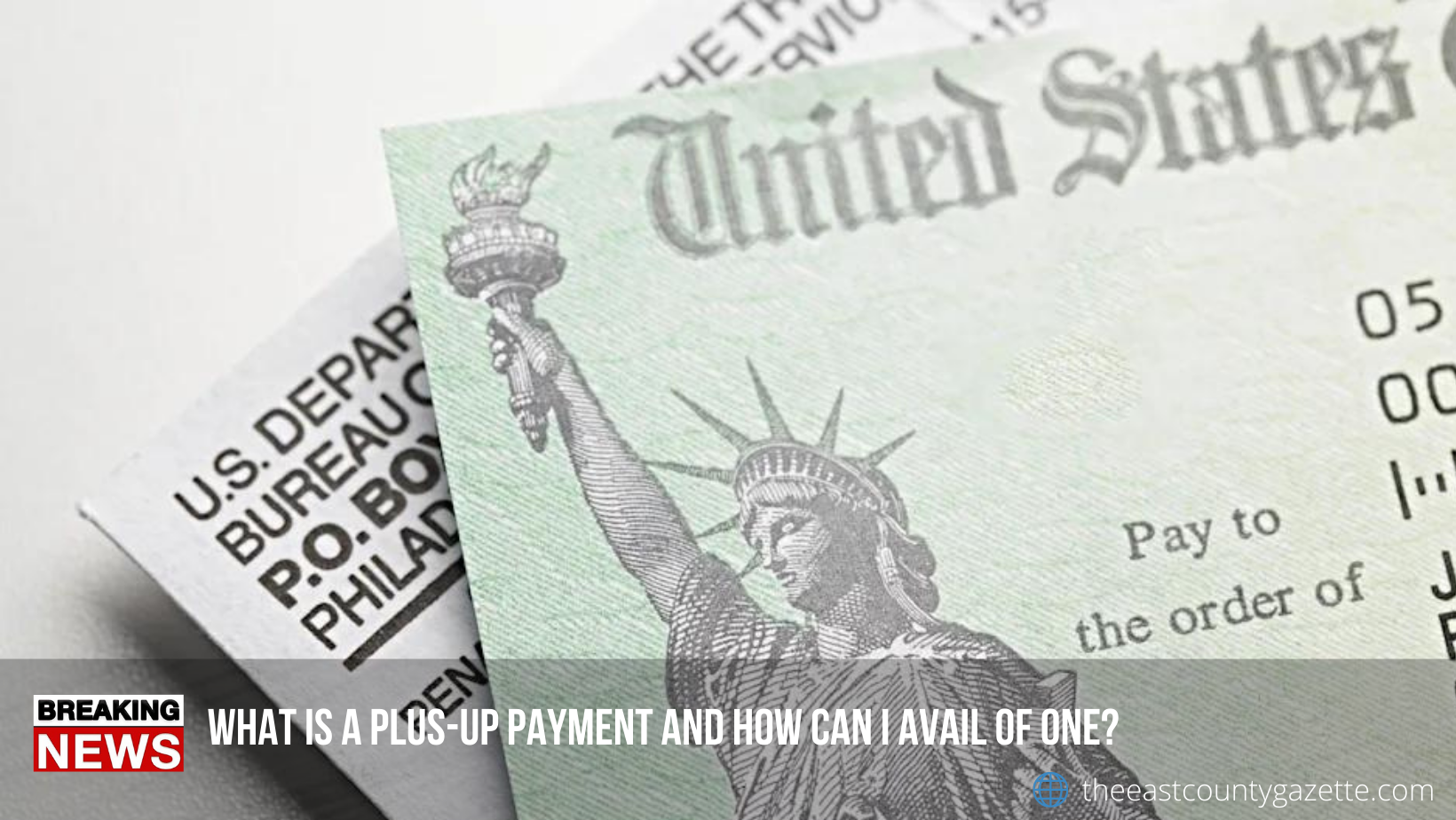If you’ve recently seen a deposit in your bank account from the IRS, you might think there has been a fourth stimulus payment from the federal government. Actually, that’s not the case. It’s really a “plus-up” payment.
Of course, if you’ve never heard of a plus-up payment, and if you haven’t received one, you may be seeing dollar signs and getting excited. But you should probably rein in your excitement. Plenty of people will not be receiving a plus-up stimulus check.
What Is a Plus-Up Payment?
First, to make it clear, this isn’t a fourth stimulus check. A plus-up stimulus check is a money you’re still owed from the third stimulus check.
Plus-up payments are an extra stimulus payment sent out to those who received a stimulus check based on a 2019 tax return or information received from the Social Security Administration, U.S. Railroad Retirement Board, or Veterans Affairs and might be eligible for a larger payment based on their 2020 tax return.
“The stimulus payments have always been a tax credit paid in advance. In other words, the credit is based on the tax year it was issued.
Stimulus checks one and two were (for) tax year 2020, and stimulus three is the tax year 2021,” says Logan Murray, a certified financial planner and tax preparer based in Tempe, Arizona, and owner of Pocket Project, a financial management planning company.
For example, if your 2019 income was above the threshold for the full stimulus payment but your 2020 income was less than the threshold amount, you received a smaller payment than you were entitled to if it was based on your 2019 return.
Your plus-up payment will make up the difference between the amount you received based on your 2019 return and the amount you’re eligible to receive based on your 2020 return.
The IRS will automatically evaluate your eligibility once your 2020 tax return is processed. You do not need to take any further action to receive a plus-up payment if you are eligible, other than making sure both your 2019 and 2020 returns are filed.
Recommended Read: Unemployment Benefits: Will AOC Be Able to Extend It Until 2022?
Who Will Get a Plus-Up Payment?
“Some taxpayers will be entitled to plus-up payments when they file their 2020 tax return if their income in 2020 was lower than that in 2019, allowing them to fall into the appropriate eligibility thresholds, or if they added a dependent in 2020,” says Cassandra Kirby, Partner, chief operating officer, chief compliance officer and wealth advisor at Braun-Bostich & Associates in Pittsburgh.
Kirby offers an example of who might get additional stimulus money from a third payment.
“Let’s say a married couple with one child had an adjusted gross income of $165,000 in 2019, and because their income was more than $160,000, they are not eligible for any portion of the third payment. However, in 2020, they had another child and their adjusted gross income dropped from $165,000 to $155,000,” she says.
In this case, she says, they would fall within the $150,000 to $160,000 threshold with an additional dependent and would be eligible for $2,800 in stimulus money.
There are other scenarios in which you could receive additional funds from the IRS. For instance, if you got married in 2020 and filed your 2020 taxes jointly this year, there may be a scenario in which you receive a plus-up stimulus check or deposit.
The IRS has a Get My Payment tool you can use to find out if you are eligible for a plus-up payment. When you view your account from that page, you won’t see the status or amount of your third stimulus — you’ll see information pertaining to your plus-up payment instead.
Recommended Read: How to Increase Social Security Benefits by $3,895
If you do not ordinarily file taxes, make under $75,000, or have no income, you can use the Free File tool to claim your stimulus payment as a tax rebate.
The IRS will continue to roll out stimulus and plus-up payments in the coming months, so it’s important to see if you’re eligible in order to secure your payment.

